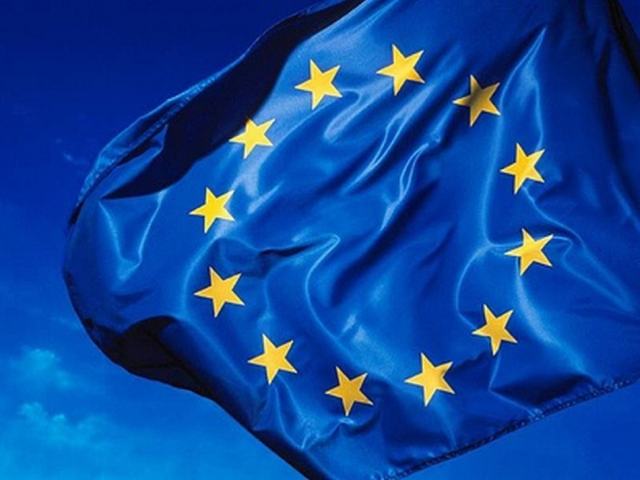The EU Enlargement Continues
The European Union has given the green light to accession talks with Serbia starting on 21st January 2014, in reward for Belgrades reforms and efforts to normalise ties with Kosovo.

România Internațional, 18.12.2013, 13:24
The European Union Council on Tuesday decided to start accession talks with Serbia. “To win the green light, Serbia has gone through a remarkable transformation from being a pariah among ex-Yugoslav states, punished for its role in the wars of the 1990s, notes the Reuters news agency, which also quotes Serbian prime minister Ivica Dacic as saying on state television: “This is a historic moment for Serbia”. The decision was confirmed by the European commissioner for enlargement, Stefan Füle, who said the EU thus acknowledged Serbias “reform and normalization efforts.” Serbia’s minister for European integration, Branko Ruzic, said the decision of the EU Council of Ministers to start membership talks with Serbia in January 2014 is good news for his country and that all 28 Member States see Serbia as being part of the large European family.
In this new phase of EU-Serbia relations, the Council urges Serbia to pay particular attention to the rule of law, the reform of the judiciary and the fight against corruption and organised crime, as well as the reform of public administration. Serbia is also urged to ensure the independence of its key institutions and the freedom of the media, improve its business environment and protect its ethnic minorities, in paricular the Roma, as well as its sexual minorities.
The decision of the EU Council on Serbia confirms the continuation of the enlargement process to the Western Balkans, following Croatia’s recent entry as the 28th member of the European Union. The group also includes Slovenia, which joined the Union in 2004, Montenegro, which is in an advanced stage of membership talks, Macedonia, which has the status of candidate state, as well as Bosnia Hertegovina. Another group, known as the Eastern Partnesrhip, includes Ukraine, Georgia and Moldova. While the last two have recently initialled association and free trade agreements with the EU in Vilnius, Ukraine put the signing of these deals on hold, which led to a wave of massive protests across the country.






























